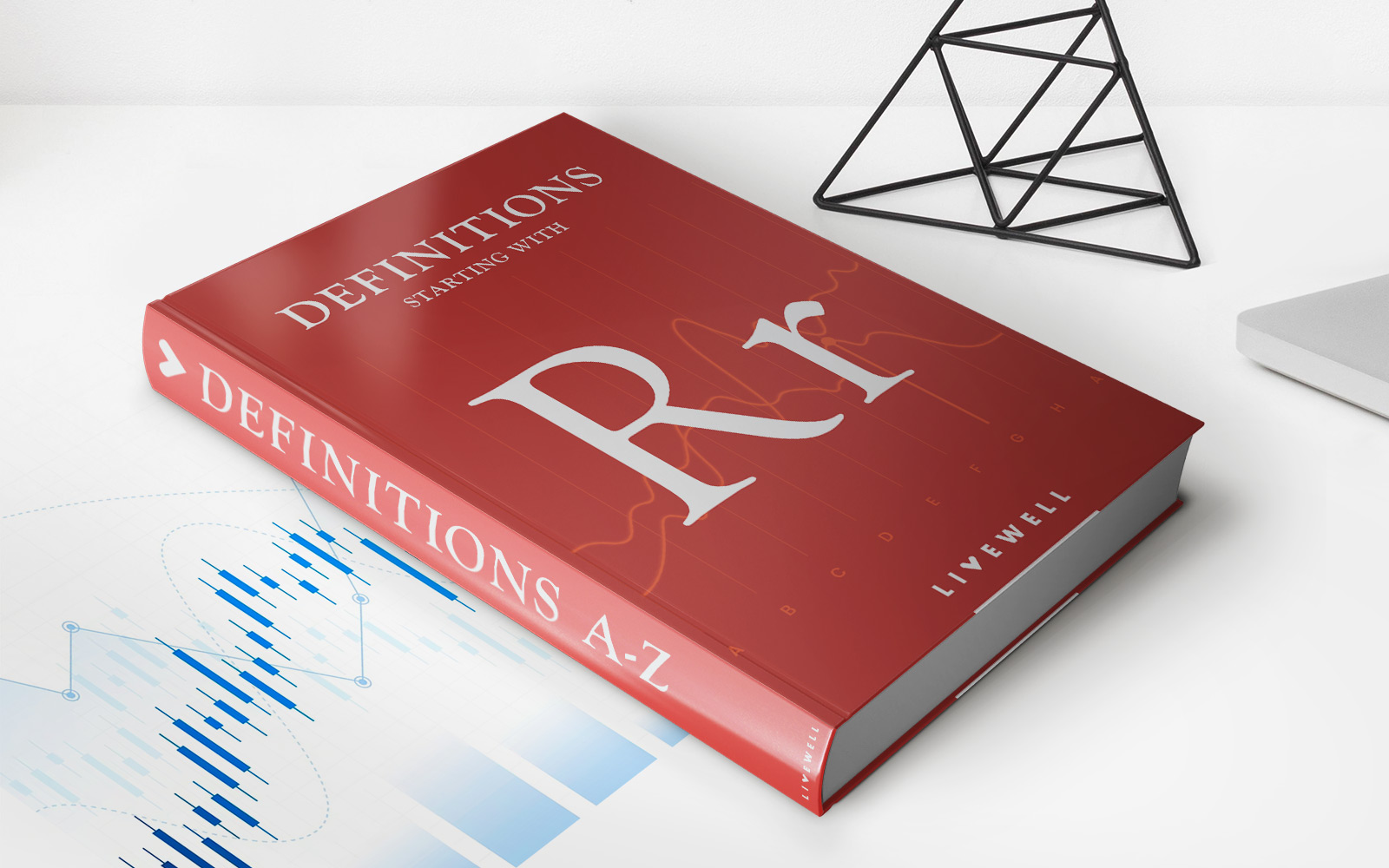Home>Finance>RegTech: Definition, Who Uses It And Why, And Example Companies


Finance
RegTech: Definition, Who Uses It And Why, And Example Companies
Published: January 17, 2024
Discover the definition and usage of RegTech in finance. Learn why it's essential and explore industry-leading companies that rely on RegTech solutions.
(Many of the links in this article redirect to a specific reviewed product. Your purchase of these products through affiliate links helps to generate commission for LiveWell, at no extra cost. Learn more)
RegTech: Definition, Who Uses It and Why, and Example Companies
Finance is a complex field with stringent regulations to ensure stability and protect investors. Compliance with these regulations is crucial but can be time-consuming, costly, and prone to human error. That’s where RegTech comes in. In this blog post, we will explore what RegTech is, who uses it and why, and provide examples of companies leveraging this innovative technology.
Key Takeaways:
- RegTech refers to the use of technology, such as AI (Artificial Intelligence), machine learning, and blockchain, to automate and streamline regulatory compliance processes in the finance industry.
- Businesses adopt RegTech solutions to reduce manual effort, enhance accuracy, improve decision-making, and mitigate regulatory risks.
What is RegTech?
RegTech, short for Regulatory Technology, is a subset of FinTech (Financial Technology) that utilizes advanced technologies to assist companies in meeting regulatory requirements efficiently and effectively. It leverages technologies like AI, machine learning, natural language processing, and blockchain to automate and streamline compliance processes.
RegTech solutions can analyze vast volumes of data, interpret complex regulations, and monitor transactions in real-time, ensuring businesses remain compliant while also reducing costs and operational risks. Through the intelligent automation of compliance, RegTech empowers financial institutions to adopt a proactive, data-driven approach to regulatory compliance.
Who Uses RegTech and Why?
RegTech is used by a wide range of entities within the finance industry, including banks, insurance companies, asset management firms, and fintech startups. Here’s why they harness the power of RegTech:
- Efficiency: Traditional compliance processes can be labor-intensive, time-consuming, and prone to errors. RegTech automates many of these processes, reducing the burden on compliance teams, freeing up resources, and enabling them to focus on more strategic initiatives.
- Accuracy: Manual compliance processes are vulnerable to human error, which can have severe consequences. RegTech’s advanced algorithms and automation ensure accuracy and consistency, minimizing the risk of compliance breaches.
- Cost Savings: Non-compliance can result in hefty fines and reputational damage. By automating compliance processes, RegTech reduces the likelihood of non-compliance, thus saving businesses from expensive penalties.
- Real-time Monitoring: RegTech solutions provide real-time insights into compliance risks, allowing businesses to spot potential issues early on and take corrective measures before they escalate.
- Data-Driven Decision Making: RegTech leverages advanced analytics to interpret complex regulations and monitor vast amounts of data. This enables businesses to make informed decisions based on real-time information, reducing compliance-related risks.
Example Companies Utilizing RegTech
Several companies are leading the way in adopting RegTech to enhance their regulatory compliance efforts. Here are a few notable examples:
- ClauseMatch: ClauseMatch provides a cloud-based platform that streamlines the policy management and compliance process. Their technology combines document management, real-time collaboration, and regulatory tracking to ensure compliance with multiple regulations simultaneously.
- IdentityMind: IdentityMind offers a digital risk management platform that enables financial institutions to verify customer identities, detect suspicious activities, and ensure compliance with AML (Anti-Money Laundering) and KYC (Know Your Customer) regulations.
- ComplyAdvantage: ComplyAdvantage uses AI and machine learning to provide solutions for enhancing AML compliance and reducing financial crime. Their software analyzes vast amounts of data to identify potential risks, ensuring businesses stay ahead of emerging threats.
These companies are just a glimpse of the growing RegTech landscape, where innovative technology is reshaping the way leaders in finance stay compliant.
In conclusion, RegTech is revolutionizing regulatory compliance in the finance industry. By harnessing the power of advanced technologies, businesses can streamline processes, reduce costs, enhance accuracy, and make data-driven decisions. As the demand for compliance continues to grow, companies that embrace RegTech will gain a competitive advantage and ensure that they can navigate the ever-changing regulatory landscape more effectively.














